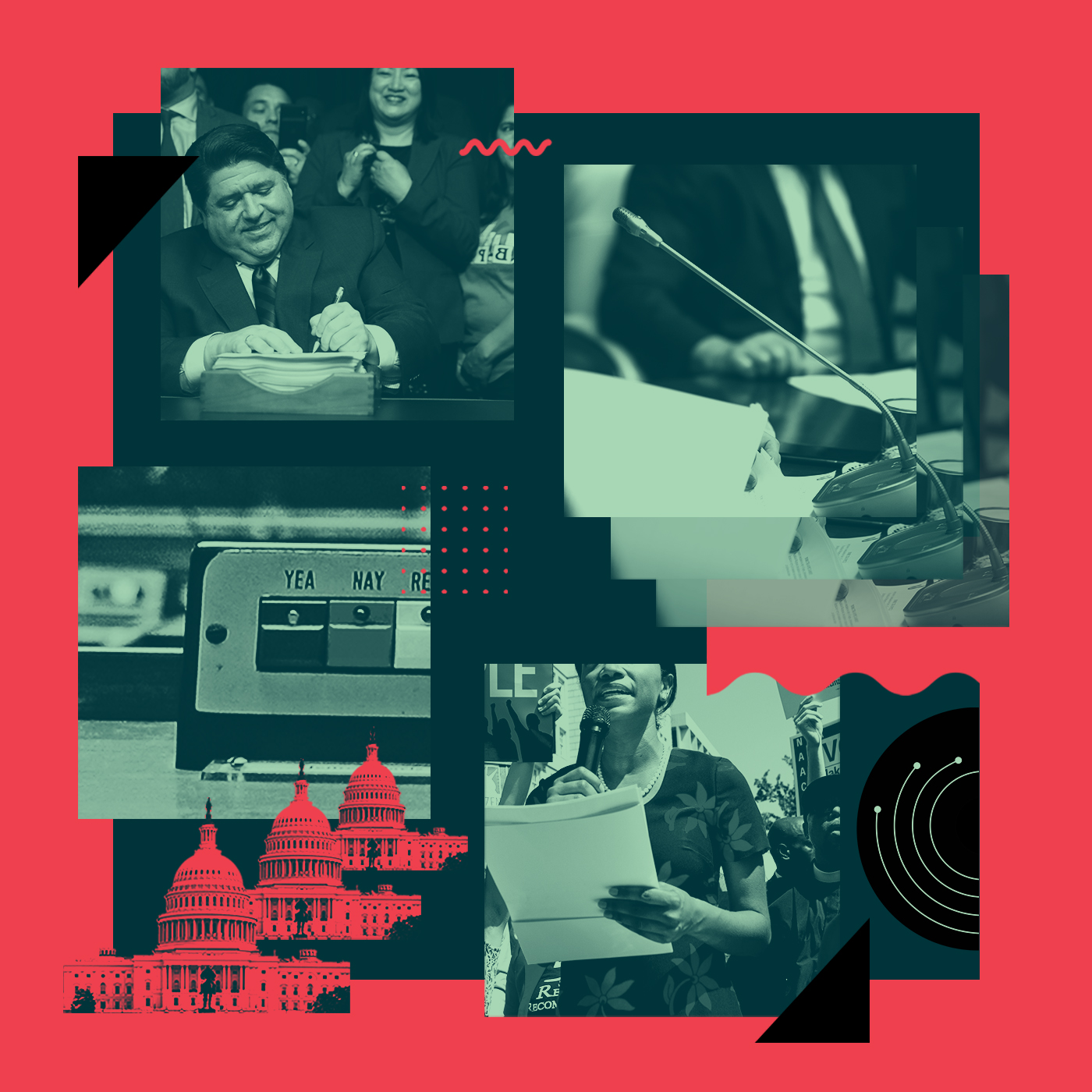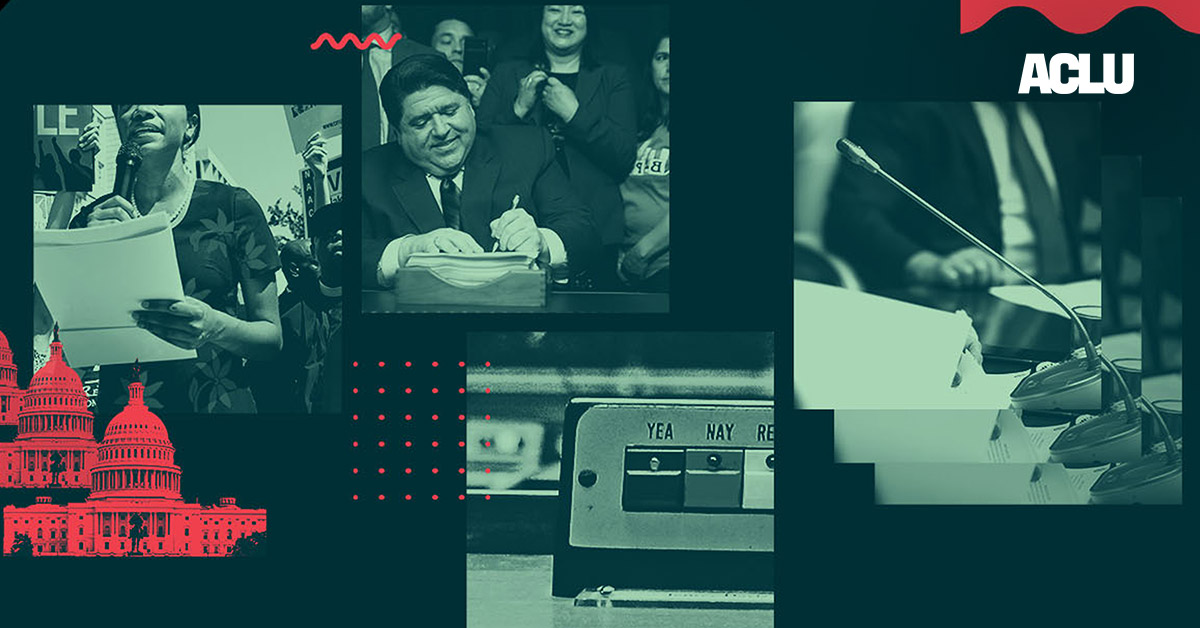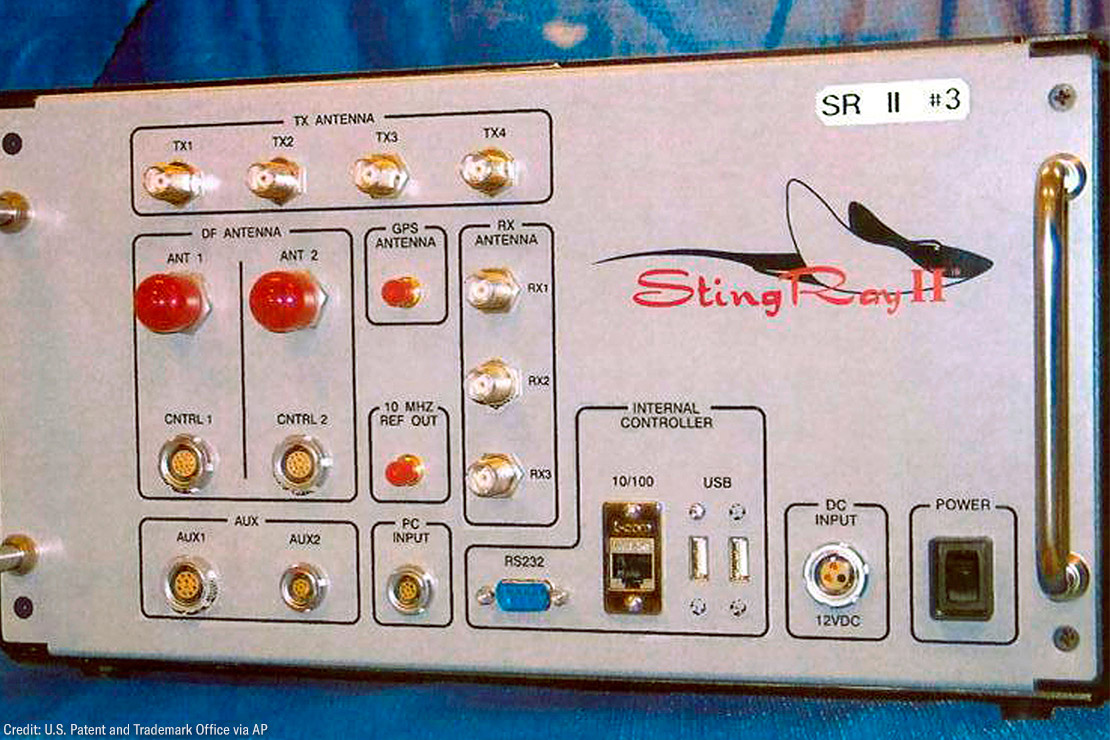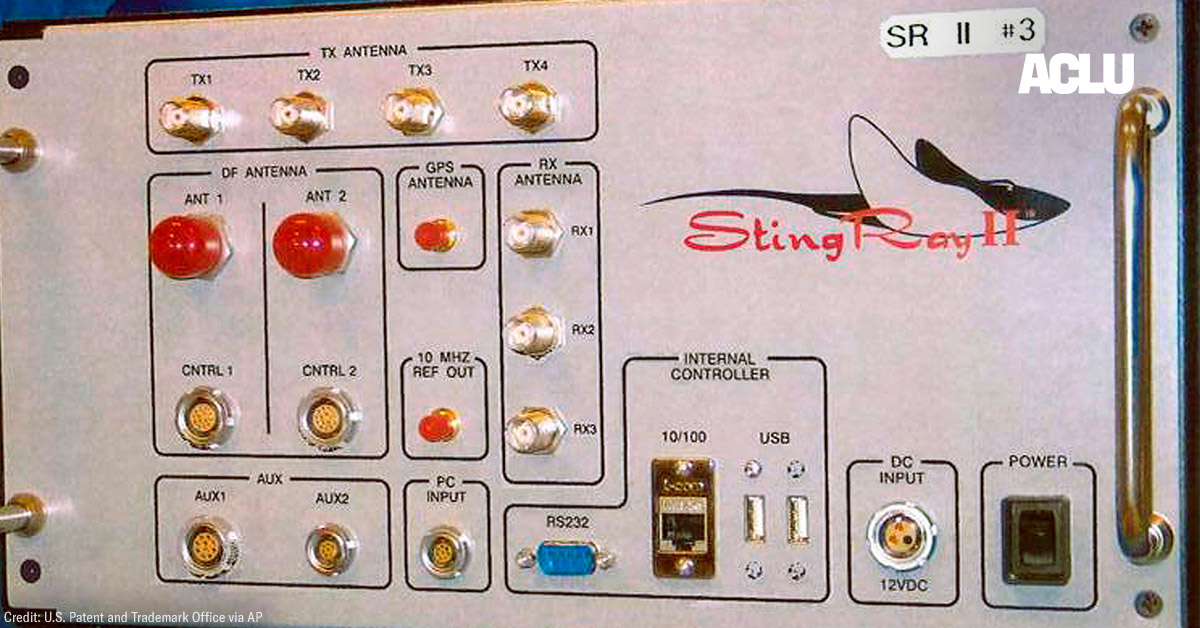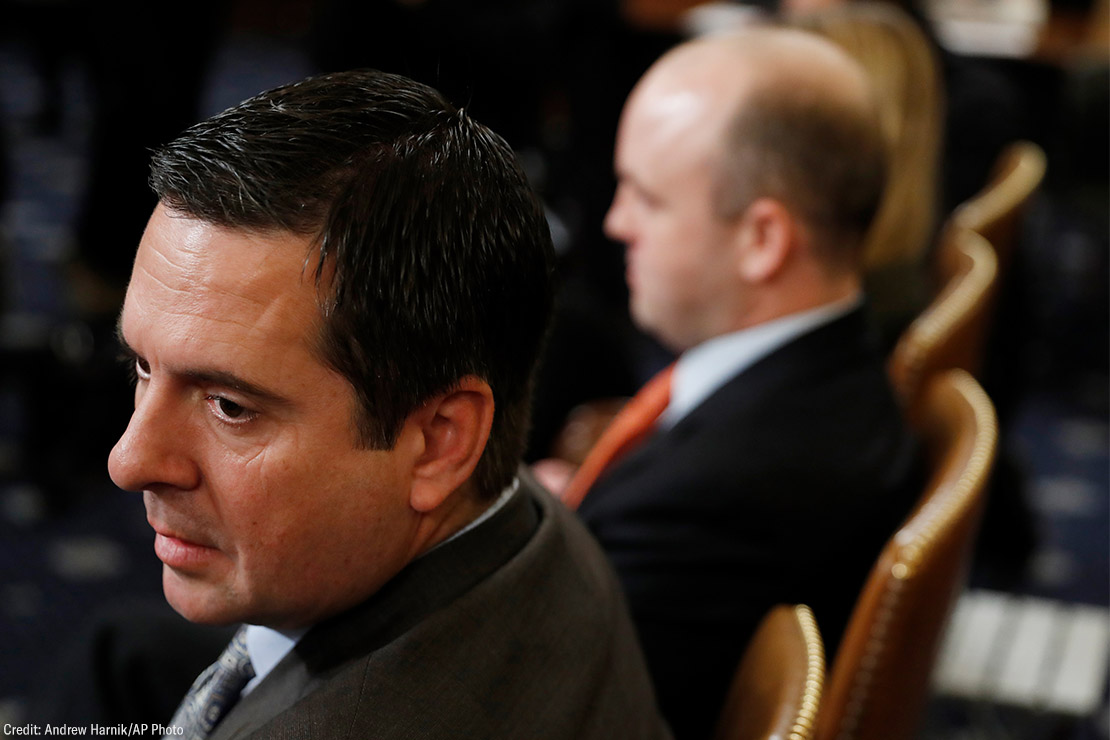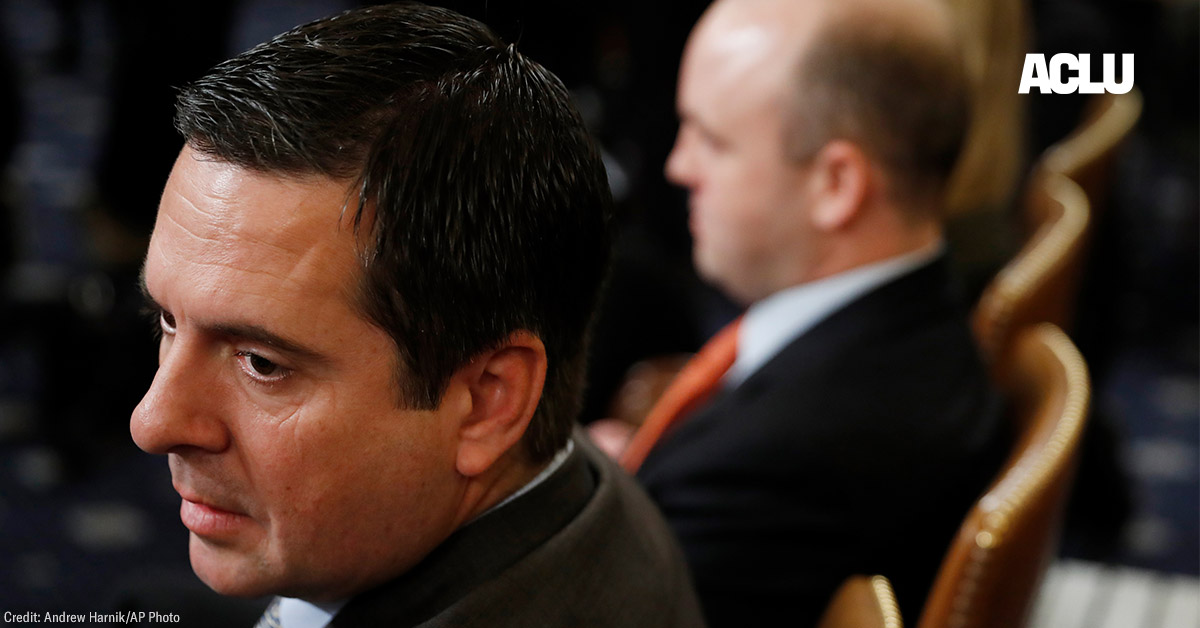Due to high levels of enthusiasm and interest, election experts are predicting record-setting turnout rates in the upcoming 2020 election. In anticipation of this historic election, the ACLU, volunteers, and supporters of voting rights across the country have been advocating for state legislatures to adopt policies that improve registration, the voting process, and ensure that more citizens are eligible to participate.
This year, no state made greater improvements to the registration and voting process than New York. State legislators made voting reforms a priority and passed legislation to enact early voting, create a pre-registration system for 16- and 17-year-olds, provide an online voter registration system with greater accessibility, and allow portability of voter registration records. Furthermore, the state legislature took initial steps in passing state constitutional amendments that will enable New Yorkers to request an absentee ballot without an excuse and to register and vote on the same day. These common-sense reforms will help ensure that more people will be able to participate in future elections.
In addition to the advancements made in New York, other states improved their registration and voting processes this year. Maine enacted automatic voter registration to ensure that more eligible citizens are registered to vote before Election Day. Nevada and New Mexico enacted laws to allow for same-day voter registration. Virginia enacted no-excuse early in-person voting – a policy the state legislature has an opportunity to expand upon next year by passing additional pro-voter legislation. Lastly, Illinois enacted legislation to ensure that pre-trial detainees in jails can cast their ballot during elections. ACLU People Power volunteers in Illinois began campaigning for this policy change back in 2017.
We’re all better off when more Americans participate in our democracy. In order to ensure that more citizens are eligible to participate in the upcoming election, the ACLU advocates for state legislatures to remove draconian voter disenfranchisement laws. These laws have racist roots and continue to fuel racial disparities in voting by disproportionately affecting African Americans. This year, progress was made in Colorado and Nevada, where individuals now have the right to register and vote immediately upon release from incarceration.
And just last week, the U.S. House of Representatives passed H.R. 4, the Voting Rights Advancement Act. The bill would help ensure racial barriers to voting are removed from elections across the country. Passing the VRAA will advance needed protections for people whose right to vote is under attack based on the color of their skin.
ACLU works to ensure that all eligible citizens have the right to register to vote, cast their ballot, and have their ballot counted. We will continue to advocate for policies to help ensure that all eligible voters can have their voices heard in the 2020 election.
Part of an end of year wrap-up series. Read more:
Under Attack by Trump, Immigrant Justice is Advancing in the States
In 2019, We Fought Across the Country to Dismantle Mass Incarceration. We Won on Multiple Fronts.
The Battle for Abortion Access is in the States
Bobby Hoffman, Advocacy & Policy Counsel, Voting Rights, ACLU
Date
Thursday, December 12, 2019 - 11:00amFeatured image
